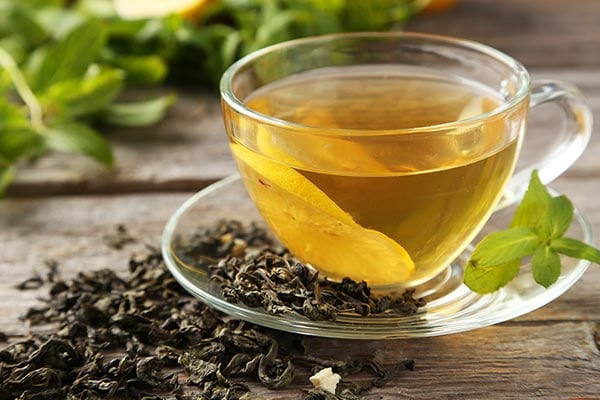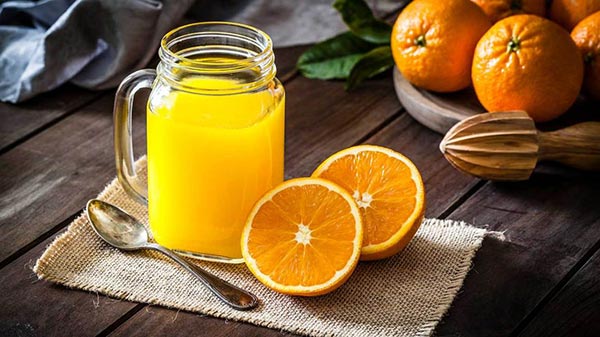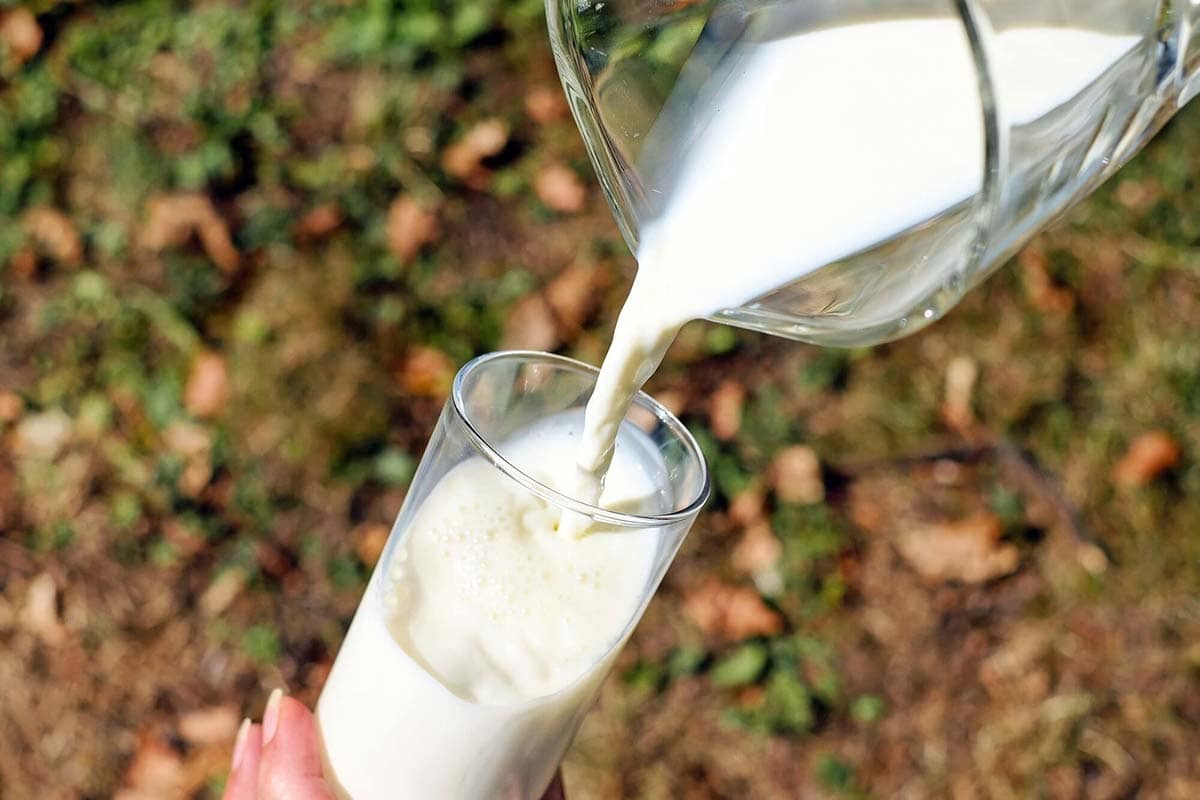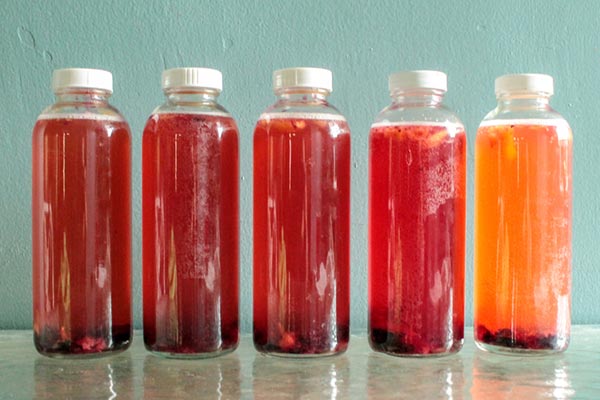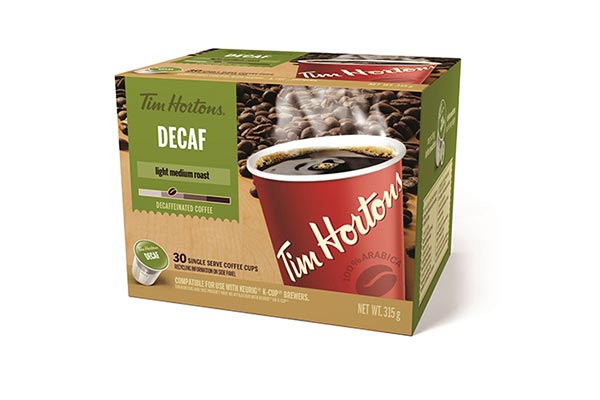Are you trying to kick a coffee addiction?
Coffee drinking has had negative health links for years now and is highly addictive. On top of this, the caffeine crash and withdrawal are nothing to sneeze at.
To some, dropping coffee might be quite the challenge. On the bright side, there are now plenty of coffee alternatives available on the market. This makes the journey of quitting caffeine addiction a lot easier.
What's great about these alternatives is they're tasty and are a lot better for you than your average cup of Joe. Still unconvinced and wondering what to drink instead of coffee? Read on to learn more about some of the best (and healthier) alternatives to coffee and why.
How Much Coffee Does Canada Consume Every Year?
Did you know that Canada is one of the largest consumers of coffee? Ranking tenth in the world, Canada has a coffee per capita consumption of over 7 kilograms. 2 out of 3 Canadians have at least one cup of coffee a day, with the average going up to 3.2 cups per day.
Why Kick Coffee?
The initial jumpstart from coffee is a godsend, but it's only beneficial to a point. When the caffeine crash hits, you'll find yourself feeling much worse. This leads to reaching for another cup, and then the cycle continues.
Relying on coffee alone to jumpstart your day might be a sign of caffeine addiction. What may seem like a cup "here and there" might be a little too much than what you need. In fact, it's quite easy to overdo your coffee consumption.
The required caffeine intake is 400mg - only about 3 cups of coffee per day. Too much coffee can lead to increased anxiety, palpitations, headaches, and insomnia. It's also linked to high blood pressure, heart problems, and even digestive issues.
Are There Coffee Alternatives Without Caffeine?
Yes, there are!
Many people find it hard to kick coffee for a variety of reasons. Some are unable to acquire the same level of energy needed for the day. Others may have picky taste buds and don't feel right about drinking something other than coffee.
The good news is, there's plenty of coffee alternatives to try. All you have to do is find something that suits your needs. There are many tasty drinks on the market and others that help you kick caffeine completely, like fruit smoothies and decaf.
Here are some coffee alternatives that are worth the try:
1. Tea
Tea has a rich and long history. Turning to tea is one of the best things you can do for your health. While it might not pack the same punch as coffee, it beats it in more ways than one.
If you've had boba, chances are you've already experienced some form of tea. There is a sheer variety of teas to choose from, and they're as versatile as coffee. You can try various combinations, including milk, cream, lemon, and infusions.
Each offers an impressive taste profile and is amazing whether served cold or hot. If you're looking for something caffeinated, then you can start with black teas. Crowd favorites include Earl Grey, Darjeeling, and English Breakfast.
They may not be as strong as coffee(1/6th the strength of standard coffee), but they still give you a moderated pick me up. Switching to tea diminishes the negative effects associated with taking too much caffeine. Coffee drinkers complaining of headaches, palpitations, and heightened anxiety find success in switching to tea.
Other lighter alternatives would be green teas and herbal or fruit-infusion teas. These specialty teas also aid in overall wellbeing. A good example would be chamomile tea for better sleep or ginger tea to combat colds and cough, or even bloat.
This makes teas great alternatives to coffee, more so for habitual drinkers. If you're looking for something warm and comforting in the morning, then make the switch to hot tea. With the immense variety and health benefits available, it's an easy choice to be healthy.
2. Homemade Smoothies
Lowering your caffeine intake is the first step to a healthier lifestyle. On top of that, you can also get more benefits from healthy alternatives to coffee. One drink that comes with touted health benefits is the good, old, homemade smoothie.
While it's tempting to use fruit juice or buy one from specialty shops, it's best that you don't. For a healthier alternative, stick to the ones you make from scratch. This ensures that they don't have added sugars and preservatives.
It's also worth mentioning that most smoothies sold commercially tend to be expensive. Don't pay for something overpriced that you can make at home with ease.
Apart from that, making your own smoothies means you can add all the good stuff you want. This means you can guarantee it's healthy and right for you. Try making healthy green smoothies with spinach or kale.
You can also opt to add protein powders mixed with various fruits and berries. Smoothies are a great way to get your fruits and veggies in without feeling bloated. They also work as meal alternatives if you find yourself on a diet.
Coffee won't hold a candle against smoothies with its vitamin and nutritional content.
3. Milk-based Drinks
Plant-based or not, milk always adds a specific kind of richness to a drink. Most coffee drinkers only add a splash of it into their coffee. If you're trying to break the coffee habit, why not try the opposite - add a splash of coffee to your milk.
A good example of this is Dalgona coffee, a Korean drink of whipped coffee dolloped on hot or cold milk. Looking to cut coffee out completely? Then opt for chocolate or matcha instead.
Cocoa and matcha are some, if not the best, coffee substitutes with milk you can try. Both contain high amounts of flavonoids which are antioxidants. They prevent oxidative damage to the cells and helps reduces cell inflammation.
While coffee does have antioxidants, it's nowhere near the amount found in matcha or cocoa. Combined with the nutritional value of milk (high protein and calcium), opting for either is the obvious choice. Whether it's iced or not, both also make for perfect comfort beverages.
4. Fermented Beverages
Don't knock it before you try it- the term fermented might intimidate you. The truth is, it shouldn't. Fermentation is the first step in creating an alcoholic drink.
Depending on the length of fermentation and the distillation afterward, it's possible to turn a drink into alcohol. However, not all fermented drinks are alcoholic. Good examples of these are ginger beer and Kombucha.
These carbonated drinks contain an exorbitant amount of good bacteria and probiotics. They also consist of interesting flavors, thus turning them into modern-day health drinks. However, one downside with these drinks is that they're often better served cold.
If you love drinking piping hot coffee, then these might not be for you. Although if you're committed to trying out the healthy stuff, then start with Kombucha. It's one of the healthiest health drinks out there.
Kombucha has many of the same compounds as green tea. This makes it great for weight loss, reducing fat, and improving cholesterol. Other benefits also include blood sugar control and reduced risk of certain cancers.
More so, drinking Kombucha can aid in liver detox. This should come as no surprise, as it's loaded with antioxidants. The same is true for ginger beer.
It contains gingerol, making it rich in minerals like potassium, magnesium, and vitamin B6. It's one of the best carbonated drinks available. Apart from its refreshing taste, it also aids in nausea relief and digestion.
5. Decaf
If kicking coffee right off the bat is too difficult, there is a solution: decaf. Decaf is short for decaffeinated coffee. It offers the same flavor options and comfort without the caffeine hit.
On average, a cup of decaf coffee has 3mg of caffeine compared to 100-120mg of regular coffee. However, this healthier alternative used to have a bad reputation. This has since then improved along with its taste and quality.
With decaf, you can get a similar variety to standard coffee. Americanos, dark roasts, and any blend or style you can think of can be decaf. If you drink coffee for the habit and comfort but want to be healthier, give decaf a shot.
Caffeine is the main culprit behind most of coffee's health risks. With decaf, you never have to worry about the caffeine crash or overdose. You don't even need to kick caffeine cold turkey.
People often find the transition liberating. What's more, is that decaf has all of the health benefits of coffee. These include antioxidants and other minerals.
This also makes it an ideal fit into the Type 2 Diabetes Diet. Incorporate decaf in your daily routine when socializing or relaxing at home. Try to limit caffeinated beverages in the morning as a pick-me-up.
Switching away from coffee is better for your health, but as with all things, improvements can be gradual.
Coffee Alternatives Are Easy and Healthier
These coffee alternatives reduce health risks and improve your overall well-being. Are you still looking for other ways to stay healthy without sacrificing your caffeine fix? Why not contact us and get health insurance today.
With Insurdinary, your health is our utmost priority. Look into getting health insurance today, and take a step towards a better you.


